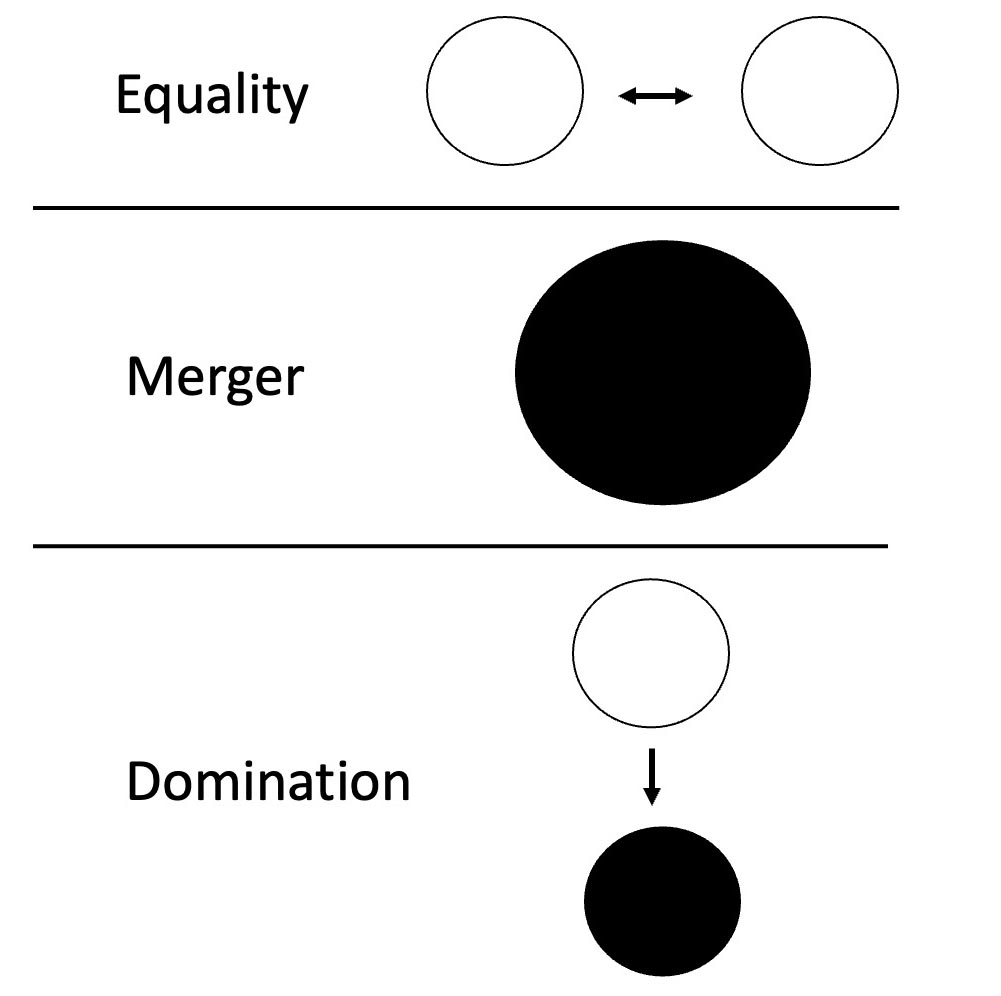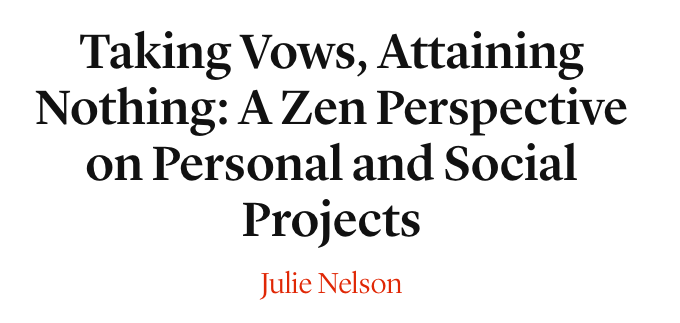
We are able to practice Zen today because of many the people, places, and communities that sustained the tradition in the past. We do well to remember and honor our Zen history. In the commercialized Western culture in which I live, it’s far too easy to become enamored of Zen as “the next new thing!” We may lean towards forgetting that it’s an ancient tradition.
Yet the way in which this honoring is traditionally done in Zen is highly problematic.
Continue reading “Ancestry Without Lineage”

 Tricycle.org has posted a set of four dharma talks of mine that they recorded, with this title. You can find the link at
Tricycle.org has posted a set of four dharma talks of mine that they recorded, with this title. You can find the link at

